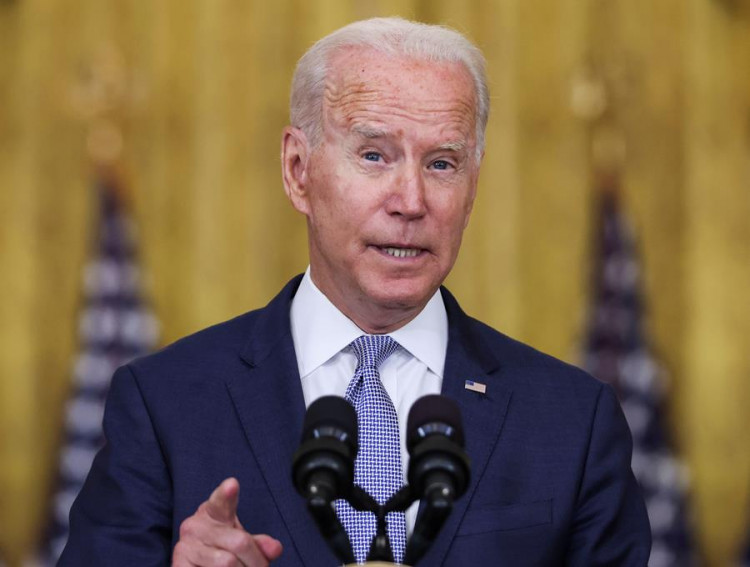The Biden administration proposed Tuesday a significant expansion of Medicare and Medicaid to cover anti-obesity medications, including Ozempic and Wegovy. The proposal aims to provide millions of Americans access to treatments for obesity, a condition associated with higher risks of diabetes, cardiovascular disease, and other severe health complications.
Currently, Medicare only covers these drugs for patients diagnosed with diabetes or cardiovascular disease alongside obesity, and Medicaid coverage varies by state. Under the proposed rule, both programs would be required to cover the medications for obesity treatment, a move the administration says will significantly improve access to these therapies.
"Today's new proposal would expand access to these innovative medications for obesity, which is widely recognized as a disease, and help an estimated 3.4 million Americans with Medicare," the White House said in a statement. "Medicare coverage would reduce out-of-pocket costs for these prescription drugs by as much as 95 percent for some enrollees."
Approximately 4 million adult Medicaid beneficiaries would also gain access to these medications under the plan. "This proposal would allow Americans and their doctors to determine the best path forward so they can lead healthier lives, without worrying about their ability to cover these drugs out-of-pocket, and ultimately reduce health care costs to our nation," the White House added.
Obesity affects roughly 42% of U.S. adults and is recognized as a major public health challenge. The Centers for Disease Control and Prevention (CDC) has linked obesity to increased mortality and numerous comorbidities, including diabetes, stroke, and certain cancers. The administration says the proposal reflects recent advances in medical treatments and the growing recognition of obesity as a disease requiring medical intervention.
Demand for GLP-1 receptor agonists, such as Ozempic and Wegovy, has surged in recent years. Originally approved to manage type 2 diabetes, these medications have since been approved for weight loss and cardiovascular benefits. According to the White House, these drugs can reduce deaths and complications from cardiovascular diseases by up to 20%.
The administration also noted the high costs of these medications, which average $1,000 per month without insurance. "For too many Americans, these critical treatments are simply too expensive and therefore out of reach," the White House said.
However, the plan is not without financial implications. According to the Associated Press, the proposed expansion could cost taxpayers up to $35 billion over the next decade. Critics argue that the costs, coupled with high demand for the drugs, could strain public healthcare programs.
The proposal also comes at a politically charged moment, with Robert F. Kennedy Jr., President-elect Trump's nominee for Health and Human Services Secretary, openly criticizing drugs like Ozempic. It remains unclear how the incoming administration might alter or approach the proposal.






